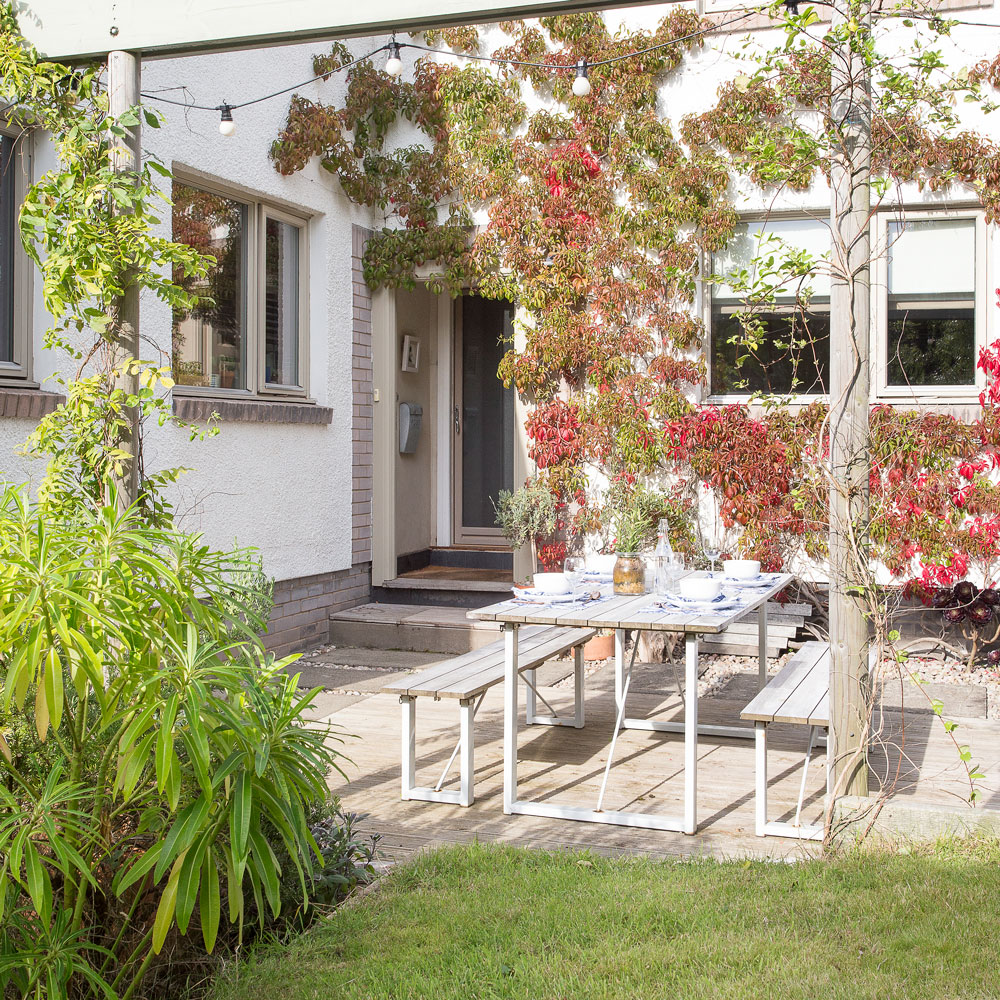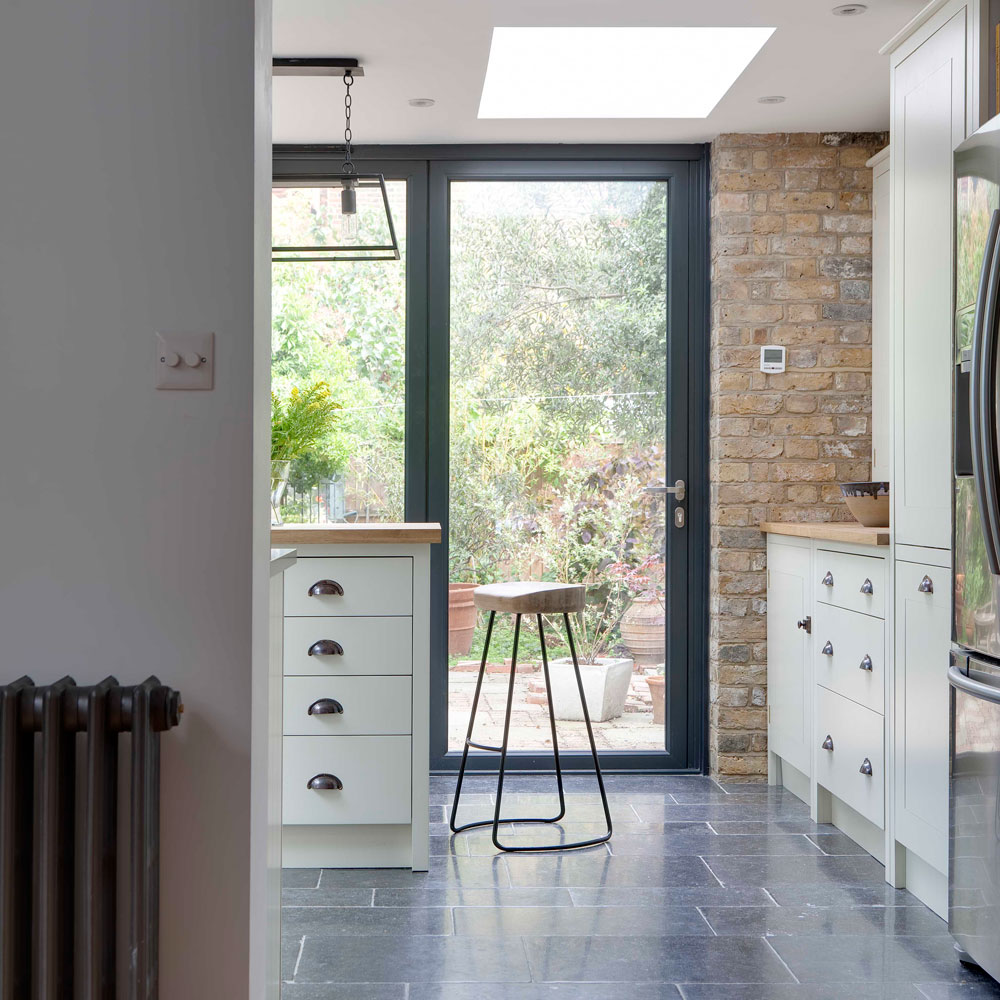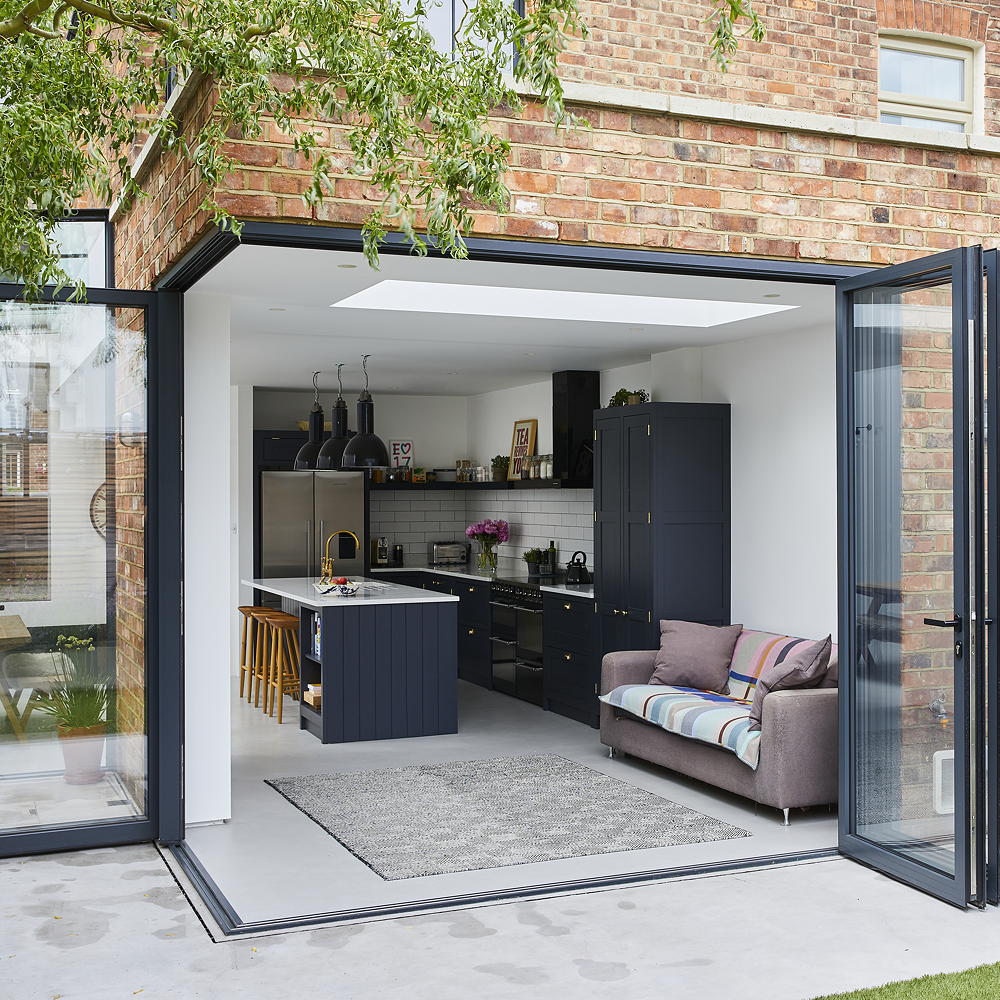A property experts warns against this common estate agent selling tactic
A chartered surveyor weighs in with a view on why you should think twice before taking part in a sealed bid auction
Sign up to our newsletter for style inspiration, real homes, project and garden advice and shopping know-how
You are now subscribed
Your newsletter sign-up was successful
Sealed bid auctions are being reported by frustrated buyers as an increasingly common move by estate agent when multiple buyers are interested in a property. Sealed bids are essentially like a blind auction, without any way of knowing what anyone else is offering.
What should you do if an estate agent has invited you to submit a sealed bid on a house you want to buy?
Is hiring a traditional local estate agent still worth it in the age of online estate agents?
A seller's game
Ross Counsell, chartered surveyor and Director at GoodMove, had this to say about sealed bids: 'A sealed bid sale is a seller’s game; the ball is completely in their court, and they can generally get more than anticipated for their property. For buyers, although there are advantages such as the chance to get a property quickly and for less money (usually), there are many risks to be aware of.'

In particular, Ross cautions against the very final stage of the sealed bid process, when the buyer may think they can relax because theirs was the winning offer. It turns out that nothing is guaranteed and you could still lose out: 'For any buyers finding themselves in a sealed bid sale, be aware of things such as gazumping – where someone puts in a higher offer to the property and is successful, even after your bid is made. Also, it’s important to remember that a sealed bid is not legally binding and the seller has no obligation to go through with the sale after the bid, as they are within their right to hold out and wait for a ‘'better’' offer.'
In other words, the house sale could still fall through at the last minute, or worse, the seller could delay things for continuing to wait for offers. For these reasons, Ross recommends that, as a buyer, you 'thoroughly weigh up your options and decide whether this is something you would like to pursue or not. It can be easy with a sealed bid sale to overpay for a property because you don’t want to miss out, so have a budget in mind and make sure you stick to it.'

He also says that how you deliver your bid may make all the difference: 'If you are serious about the property and the process, then deliver your bid in person as this way you’re creating a good impression and a stronger relationship with the seller. It’s a good idea to include a deadline for a response in your offer letter, to ensure that you won’t be wasting your time and make it clear you’re serious about the property.'
Sign up to our newsletter for style inspiration, real homes, project and garden advice and shopping know-how
When a sealed bid might work for you
There are situations when participating in a sealed bid auction may actually play in your favour. Specifically, 'Cash buyers tend to have the advantage in sealed bidding, so if this is a feasible option for you it may just stand you in good stead. I’d also advise any buyers going through with the process to have a mortgage in principle so you’re ready to go if your bid is successful.'
Related: Beware FON - snag a deal on a new home with these expert house price negotiating tips

If you are in a position to become a cash buyer, then you may well get better value for money on a house by submitting a sealed bid. Sellers prefer cash buyers, always, and the seller might pick your offer because it is cash. As with all things, a sealed bid auction is neither good nor bad, but if it isn't what you were expecting and you are tempted to offer over budget, it is wiser to walk away. 'Ultimately', says Ross, 'the sealed bid process isn’t for everyone, but if you are serious about the property then it could be advantageous for buyers. Just make sure you understand the risks to be sure this process is right for you.'
Anna Cottrell is Consumer Editor across Future's home brands. She moved to the world of interiors from academic research in the field of English Literature and photography. She is the author of London Writing of the 1930s and has a passion for contemporary home decor and gardening.